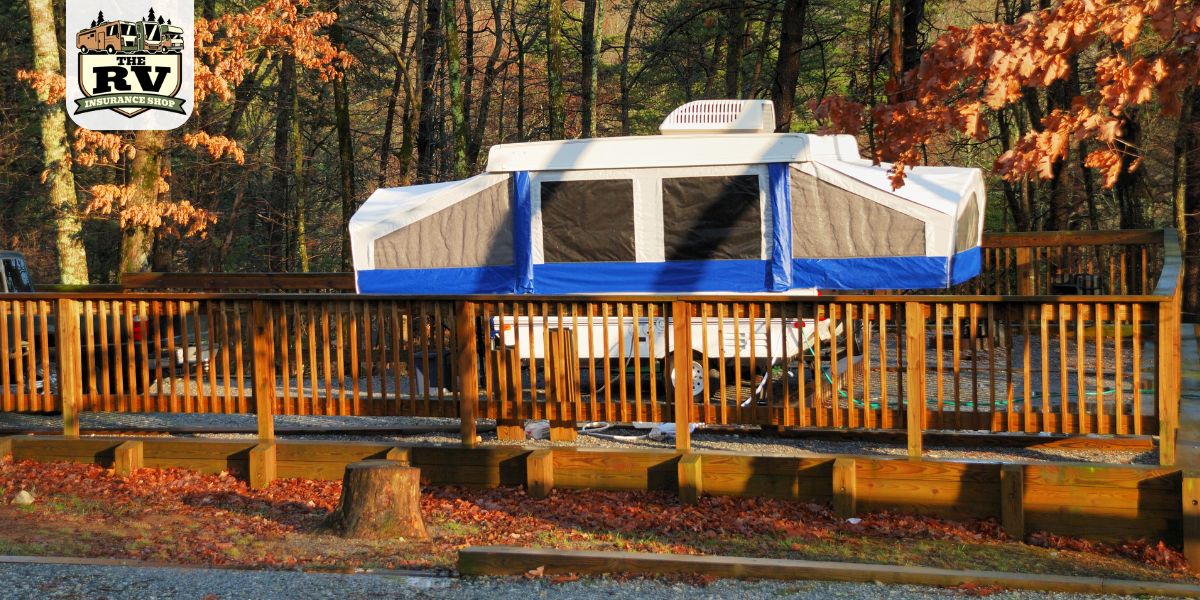Does Your Pop-Up Camper Need Insurance?

Pop-up campers, known for their compact size and convenience, are a favorite among those who enjoy spontaneous road trips and camping adventures. However, because they are smaller and often less expensive than other RVs, many owners question whether they need to invest in insurance. This decision hinges on several factors, including how often you use your camper, where you store it, and the potential risks involved.
Exploring the Risks
Pop-up campers may be more vulnerable than they seem. While they’re lighter and easier to tow than their larger RV counterparts, they can still suffer significant damage from weather, accidents, or theft. Imagine this: You’re on a weekend getaway when a sudden storm hits, and your camper’s canvas sides are torn. Without insurance, you’re left to cover the repair costs out of pocket.
Another scenario might involve theft. Pop-up campers, due to their smaller size, can be easier targets, especially when stored in less secure locations. Insurance can help cover the replacement costs if your camper is stolen or vandalized.
Real-Life Example
Consider Sarah, a pop-up camper owner from Colorado. She stored her camper at a local facility over the winter, believing it was safe. However, a severe hailstorm hit, causing significant damage to the roof and sides. Luckily, Sarah had chosen to insure her camper, and her policy covered the repair costs, saving her thousands of dollars.
Legal Requirements and Recommendations
While most states don’t require pop-up camper insurance unless the camper is financed, it’s still a wise investment. Liability coverage is particularly important if you use your camper frequently, as it protects you if you accidentally cause damage to someone else’s property or if someone is injured in or around your camper.
Conclusion: Make an Informed Decision
Insurance for your pop-up camper isn’t just about adhering to legal requirements—it’s about protecting your investment and ensuring peace of mind. Whether you’re using it for occasional trips or as a frequent escape, consider the potential risks and decide if insurance is right for you. The small monthly premium could save you from significant financial strain in the long run.

